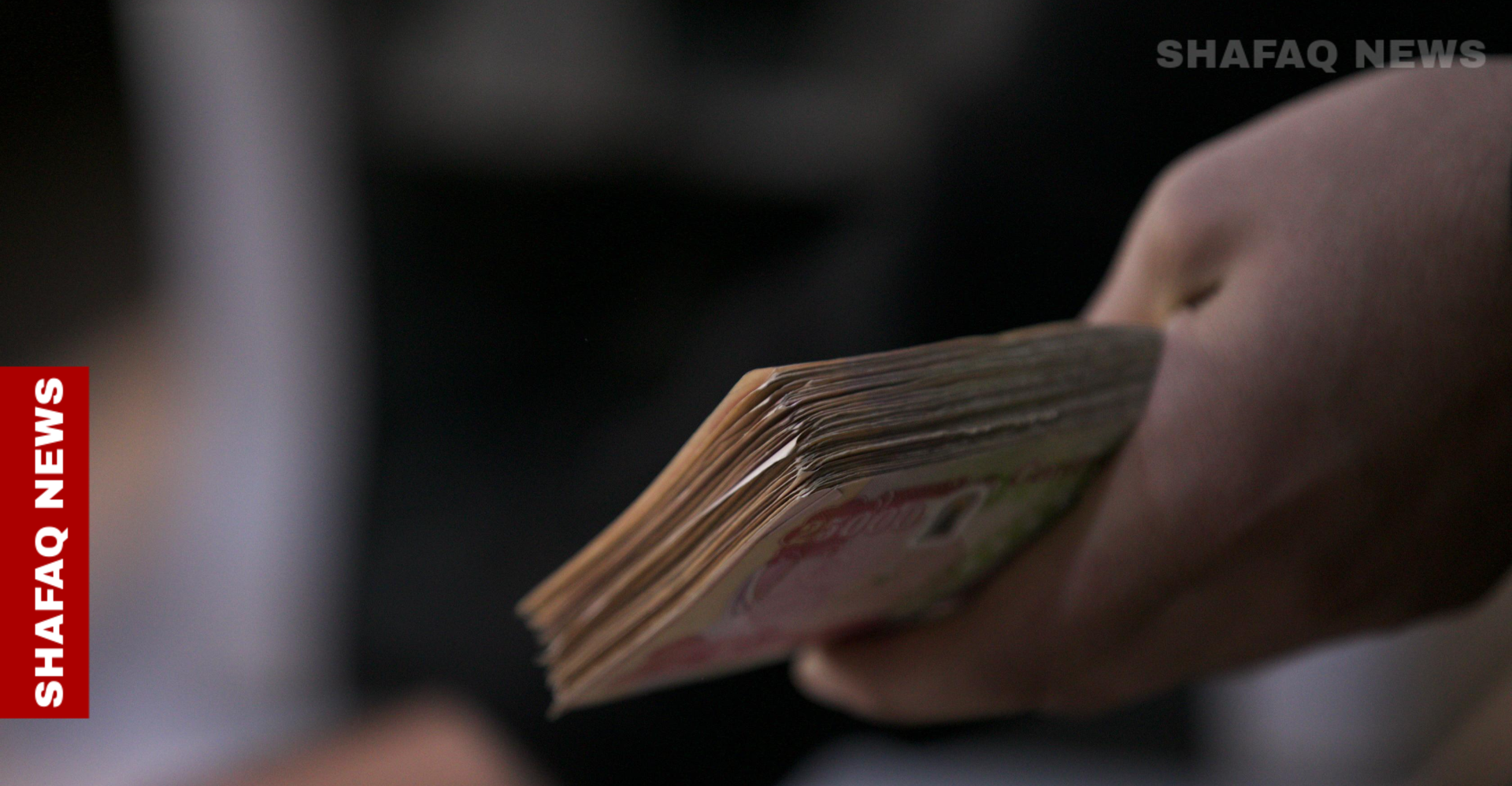Sharp criticism of the performance of foreign banks in Iraq: remittance shops with no development plans
 On Monday, the head of the Iraq Future Foundation, economic expert Manar al-Obaidi, criticized the performance of foreign banks operating in the country, noting that they are not much different from some local banks that were once called “remittance shops.”
On Monday, the head of the Iraq Future Foundation, economic expert Manar al-Obaidi, criticized the performance of foreign banks operating in the country, noting that they are not much different from some local banks that were once called “remittance shops.”
Al-Obaidi explained in a statement received by Shafaq News Agency that money transfers outside Iraq have not been affected despite the decisions to ban some Iraqi banks, noting that the same routes and beneficiaries will continue.
In response to suggestions that the continued remittance flows were due to the weakness of Iraqi banks compared to the strength of foreign banks, Al-Obaidi pointed out that foreign banks do not offer development plans for poor and remote areas, but rather focus their activities on commercial areas for the sole purpose of remittances.
He explained that the combined credit portfolio of foreign banks does not equal 30% of the credit portfolio of Iraqi banks, given the absence of real financing programs for various sectors.
Al-Abidi accused some employees at these banks of bargaining to facilitate transfers, given the weak governance within their departments, with decisions by the managing director or chairman of the board controlling the submitted banking files.
He added that foreign banks do not provide real electronic applications that serve Iraqi citizens, nor have they contributed to any vital projects such as oil refineries or infrastructure.
Al-Abidi pointed out that these banks only have a connection to a US correspondent bank, warning that their activities revolve around generating profits from remittances alone. Once these remittances are closed, they close their branches and return to their home countries laden with profits.
Shafaq.com
